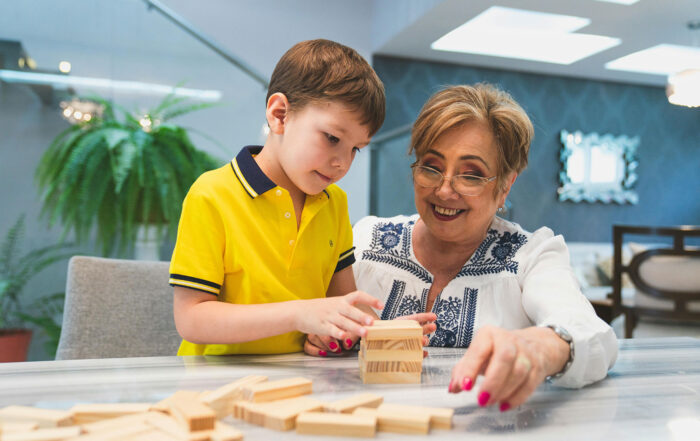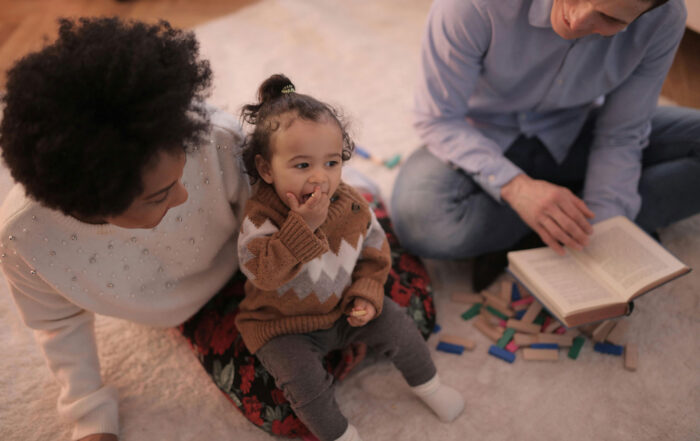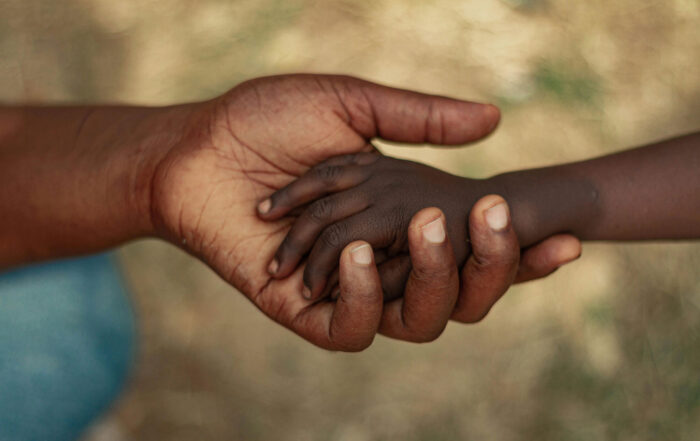
Provided by the National Child Traumatic Stress Network
The recent tragic events in Israel has impacted many directly who have experienced a personal loss or by witnessing this type of violence trigger memories of other traumatic events or emotions that are difficult to manage. The National Child Traumatic Stress Network (NCTSN) has created a fact sheet that includes the potential impact and considerations when talking to children about war, how to start the conversation, understanding media coverage, and how to foster resilience.
Share This Post!
Addressing Race and Trauma in the Classroom: A Resource for Educators
By the National Child Traumatic Stress Network This resource is intended to help educators understand how they might address the interplay of race and trauma and its effects on students in the [...]
The startling toll on children who witness domestic violence is just now being understood
By Jayne O'Donnel and Mabinty Quarshie USA TODAY SAVANNAH, Ga. – Latrelle Huff says her twins were conceived by rape. Now she blames domestic violence for her children's health problems. The Georgia [...]
The lasting impact of neglect
By Kirsten Weir The first time Nathan Fox, PhD, stepped into a Romanian orphanage, he was struck by the silence. "The most remarkable thing about the infant room was how quiet it was, [...]
Children may act out due to grief or trauma of COVID-19 pandemic, and other lessons from HIV/AIDS
By Julie B. Kaplow and Mark W. Kline No infectious disease since HIV/AIDS in the 1980s has captured the world’s attention in the way COVID-19 has. The HIV/AIDS pandemic is still with [...]
Coronavirus is giving rise to another tragic issue. Child abuse.
By Chester Street Foundation Coronavirus is giving rise to another tragic issue. Child abuse. Hospitals in Texas have reported seeing an increase in child abuse cases, which they believe is driven [...]
Breaking the Cycle of Child Abuse
By Elizabeth Hartney, PhD Child abuse is known to repeat itself from generation to generation. Although not universal, the children of people with addictions are at higher risk of all types of abuse, [...]







